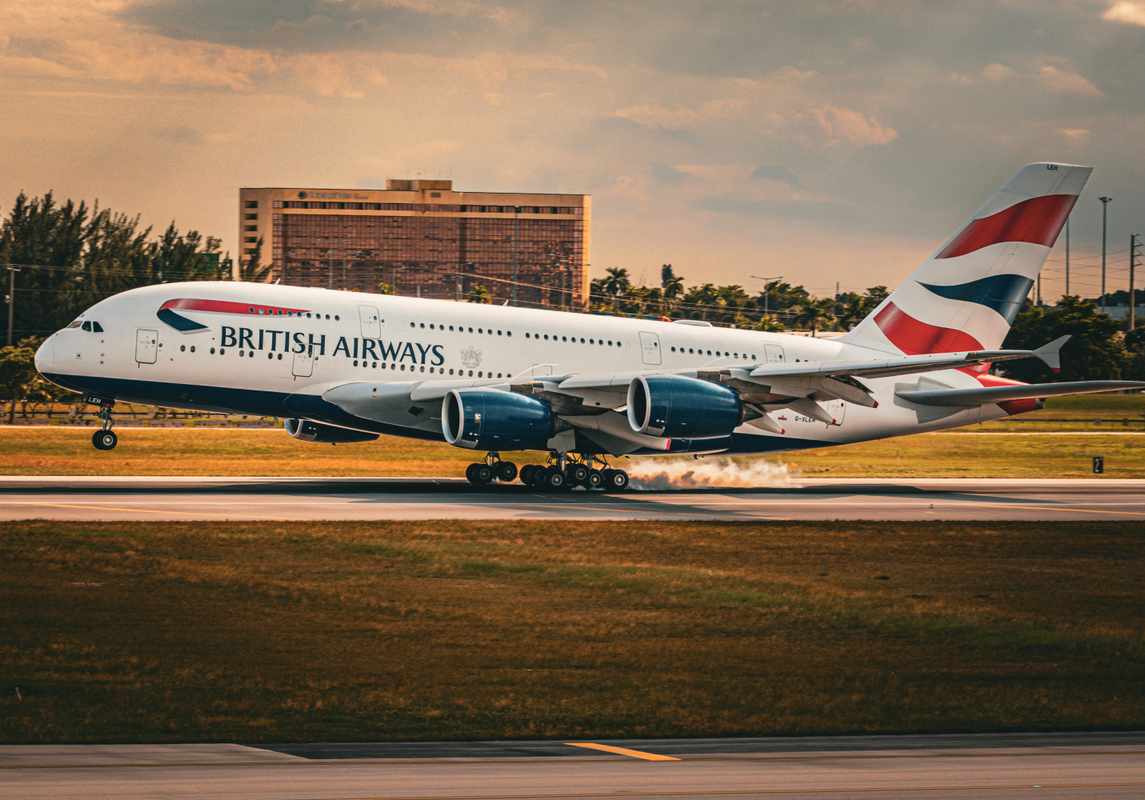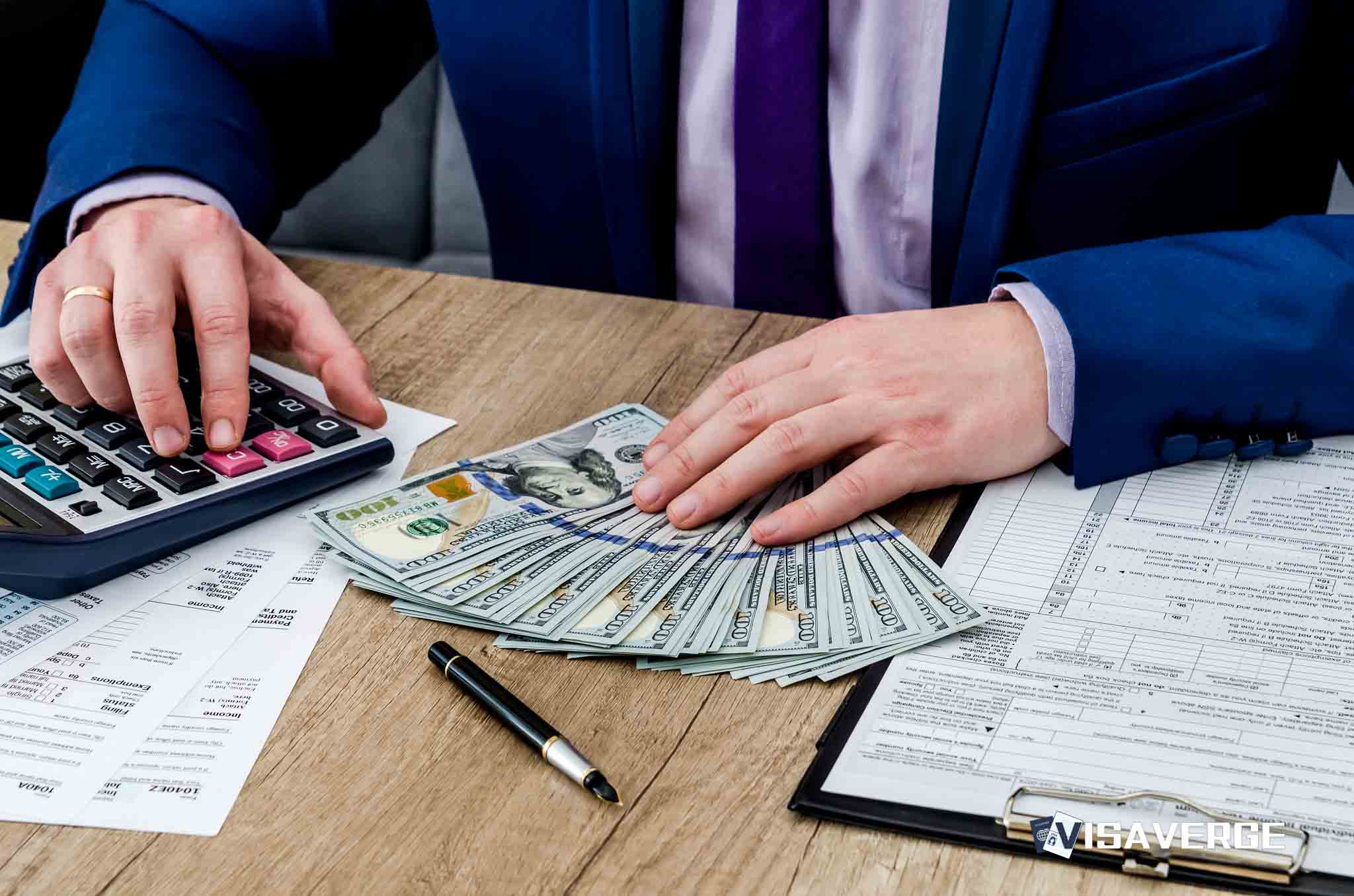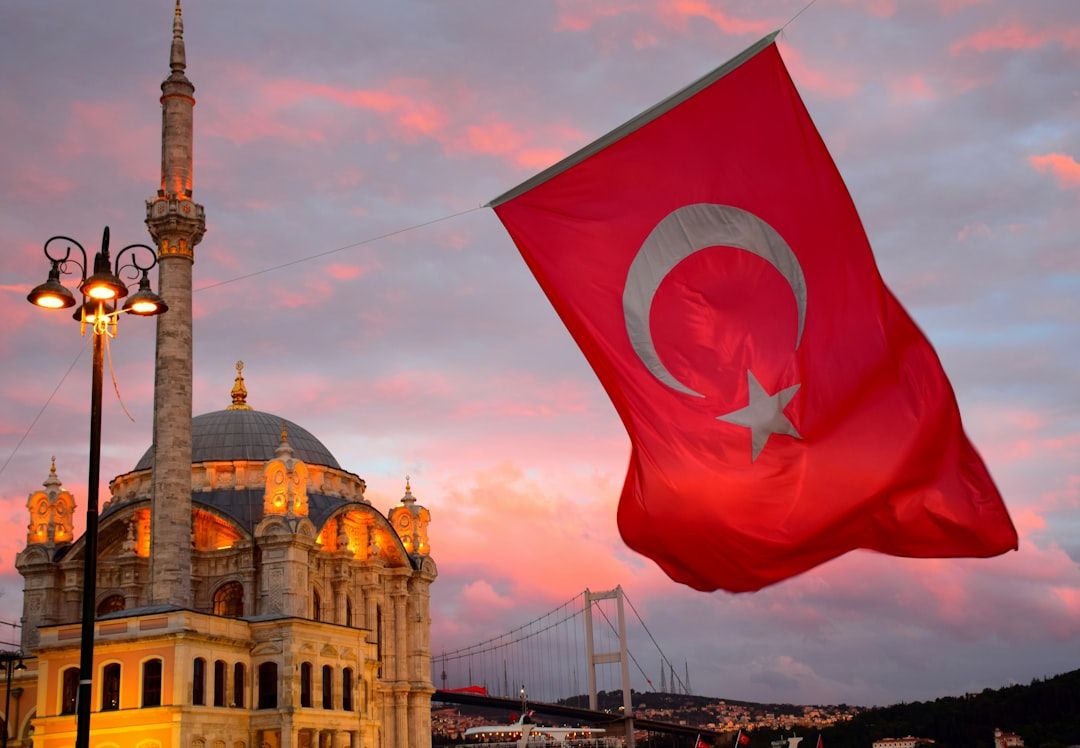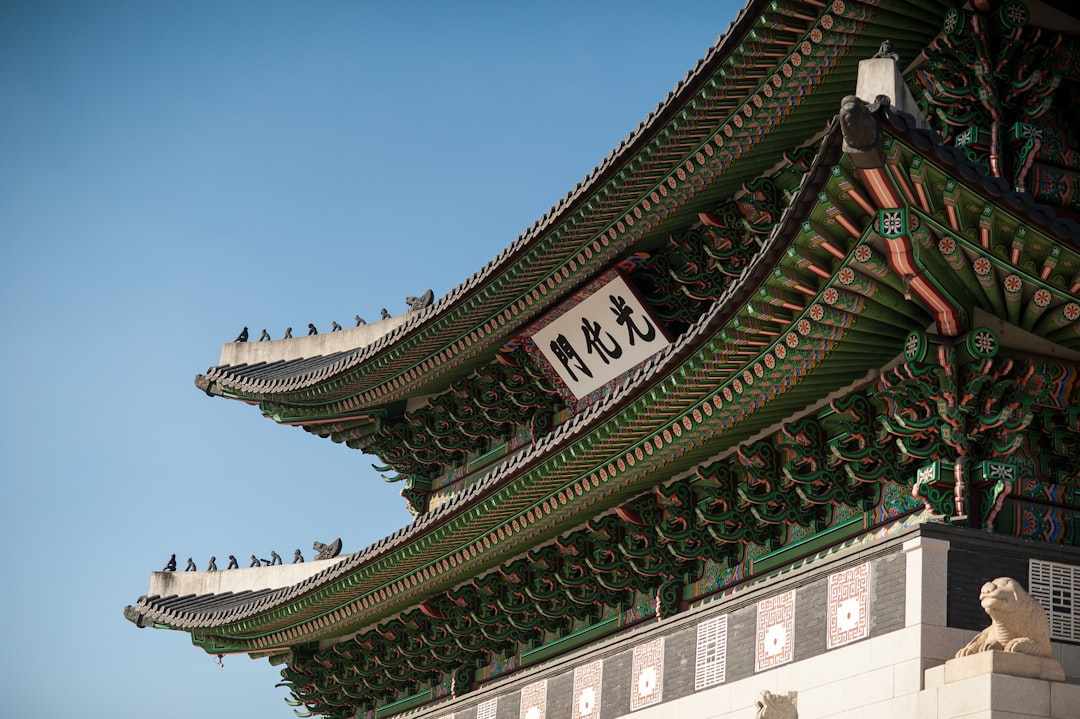Key Takeaways
• U.S. visa interviews verify identity, travel purpose, financial support, and home country ties for approval.
• Applicants must bring documents like passport, DS-160, proof of funds, and visa appointment confirmation.
• Practice clear, honest answers about travel plans; follow embassy instructions and arrive early.
Preparing for Your U.S. Visa Interview in 2025: A Step-by-Step Guide
Applying for a U.S. visa can feel overwhelming, especially when it comes to the visa interview. The interview is a critical step in the process, as it allows a consular officer to ask questions about your identity, your purpose of travel, your financial situation, and your ties to your home country. Whether you’re applying for a tourist, student, or work visa, being well-prepared can make a big difference in the outcome.
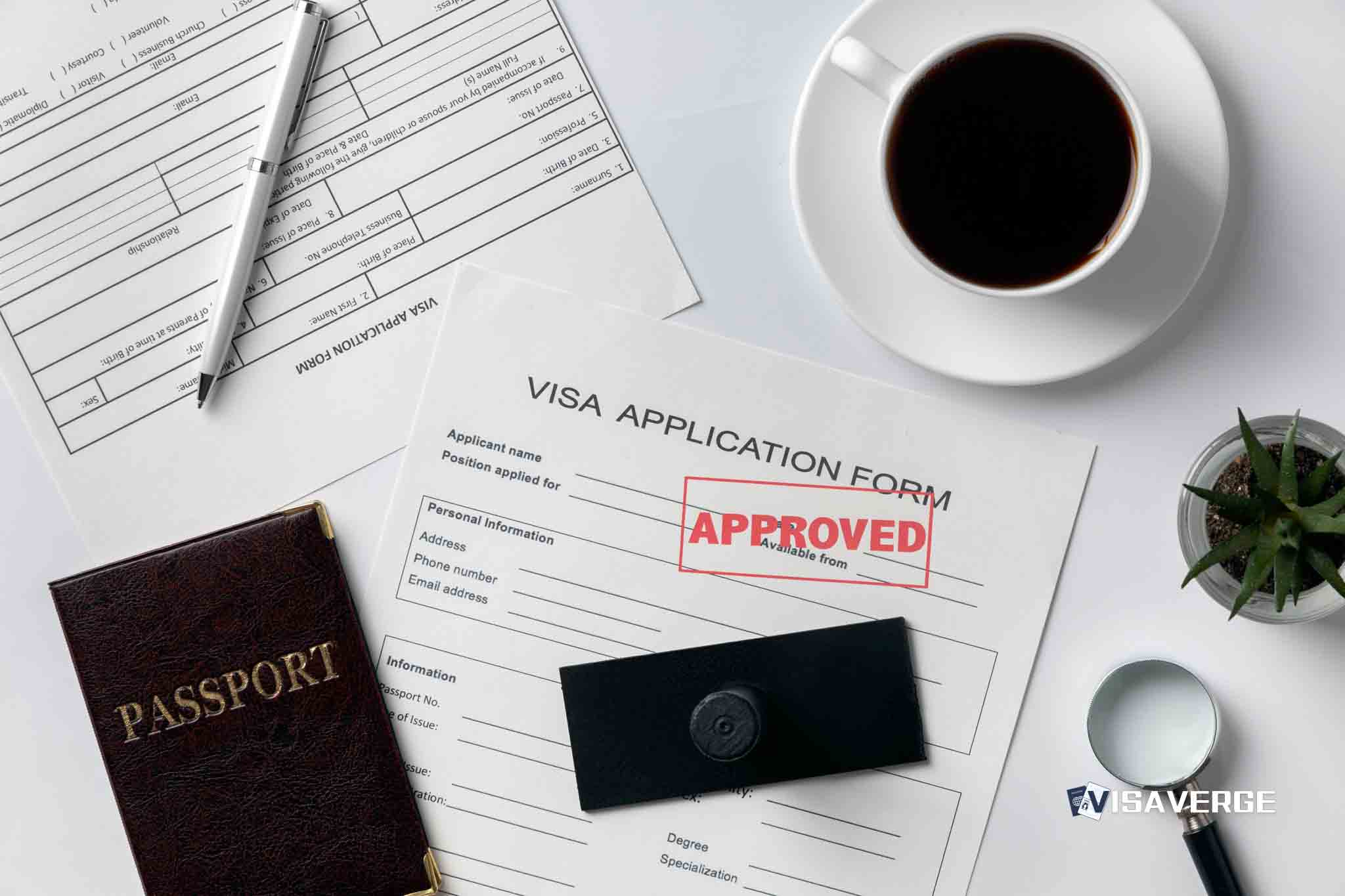
This guide will walk you through the steps you need to take to get ready for your U.S. visa interview in 2025. You’ll learn what questions to expect, how to prepare your answers, what documents to bring, and how to avoid common mistakes. By following these steps, you’ll give yourself the best chance of a successful interview.
1. Understand the Purpose of the U.S. Visa Interview
The U.S. visa interview is not a test of your knowledge or intelligence. Instead, it’s a way for the consular officer to:
- Confirm your identity and make sure you are who you say you are.
- Understand your purpose of travel to the United States 🇺🇸.
- Check your visa category and see if you meet the requirements.
- Assess your financial situation to make sure you can support yourself during your stay.
- Verify your ties to your home country, which helps show that you plan to return after your visit.
- Review your travel history and any past immigration issues.
The officer will ask questions to learn about your background, your plans, and your reasons for traveling. They want to make sure you’re not planning to stay in the United States 🇺🇸 longer than allowed or work without permission.
2. Review Common U.S. Visa Interview Questions
Knowing what questions to expect can help you feel more confident and prepared. While questions can vary based on your visa category, most interviews include the following types of questions:
General Questions (For Most Visa Categories)
- What is your full name, date of birth, and contact information?
- When do you plan to travel to the United States 🇺🇸, and why at that time?
- Who will be traveling with you? If you’re traveling alone, why not with your family or spouse?
- How long do you plan to stay in the United States 🇺🇸, and why for that length of time?
- What is the purpose of your trip?
- Where will you stay during your visit?
- Have you been to the United States 🇺🇸 before? If yes, when and for what reason?
- Have you ever been convicted of a crime? If yes, please explain.
- Do you have relatives or contacts in the United States 🇺🇸? Who are they?
- Do you have children? If yes, how many, what are their ages, and where do they live?
- Have you already bought travel tickets? Are they return tickets?
- Do you have medical insurance for your trip?
- How much do you expect your trip to cost, and how will you pay for it?
- Have you traveled outside your home country before? Where and when?
- Can you show evidence that you will leave the United States 🇺🇸 and return home?
- What is your job? Where do you work, and what is your income?
- If you’re employed, are you taking leave? If you’re self-employed, who will manage your business while you’re away?
- Do you plan to stay in the United States 🇺🇸 permanently or temporarily?
- What assets or ties do you have in your home country?
- Will you work while in the United States 🇺🇸? (If applicable)
Questions for F-1 Student Visa Applicants
- Why did you choose to study in the United States 🇺🇸?
- What is your study plan and what are your academic goals?
- Why did you pick this university or college?
- What is your academic background?
- How will you pay for your education and living expenses?
- What are your plans after graduation? Will you return to your home country or try to work in the United States 🇺🇸?
- How will you keep your student status during your stay?
Questions for B-1/B-2 Tourist or Business Visa Applicants
- What is your purpose for visiting the United States 🇺🇸 (tourism, business, medical treatment)?
- How long do you plan to stay?
- Do you have family or friends in the United States 🇺🇸?
- What activities will you do during your stay?
- Who is paying for your trip?
- What ties do you have to your home country that will make sure you return?
- Have you ever been denied a visa or had immigration problems?
- Have you traveled internationally before?
Tip: The officer may ask follow-up questions if your answers are unclear or if they want more details.
3. Gather All Required Supporting Documents
Bringing the right documents is just as important as preparing your answers. The documents you need depend on your visa category, but here are some common items:
- Passport (valid for at least six months after your planned stay)
- Visa application confirmation page (Form DS-160 for nonimmigrant visas; DS-160 form link)
- Visa appointment confirmation
- Photographs (as per U.S. visa photo requirements)
- Proof of payment for the visa application fee
- Travel itinerary (flight bookings, hotel reservations)
- Proof of funds (bank statements, pay slips, tax returns)
- Proof of employment (employment letter, leave approval, business registration)
- Evidence of ties to your home country (property documents, family details, job contract)
- Invitation letter (if visiting family or attending business meetings)
- Admission letter (for students)
- Academic transcripts and test scores (for student visas)
- Medical insurance (if required)
Important: Always check the specific requirements for your visa category on the U.S. Department of State website.
4. Practice Answering Questions Clearly and Confidently
Practicing your answers helps you feel more comfortable during the interview. Here’s how to do it:
- Write down your answers to common questions.
- Practice speaking them out loud to make sure they sound natural.
- Ask a friend or family member to do a mock interview with you.
- Keep your answers short and to the point. Avoid giving too much information unless asked.
- Be honest. Never lie or give false information.
Estimated Time: Spend at least 2-3 hours practicing before your interview.
5. Review Embassy or Consulate-Specific Instructions
Each U.S. embassy or consulate may have its own rules and instructions for interviews. These can include:
- What documents to bring
- Security procedures
- Arrival time
- COVID-19 safety rules
- How to submit extra documents
Visit the website of the U.S. embassy or consulate where your interview will take place. Look for the section on visa interview preparation. For official guidance, see the U.S. Embassy and Consulate directory.
Estimated Time: 30-60 minutes to review and note down important points.
6. Attend the Interview Punctually with All Documents
On the day of your interview:
- Arrive at least 15-30 minutes early.
- Dress neatly and professionally.
- Bring all required documents in an organized folder.
- Be polite and respectful to staff and the consular officer.
- Listen carefully to each question and answer clearly.
- If you don’t understand a question, politely ask for clarification.
Estimated Time: The interview itself usually takes 5-15 minutes, but you may spend 1-2 hours at the embassy or consulate due to security checks and waiting times.
7. Answer Questions Truthfully and Succinctly
During the interview:
- Give honest answers. Lying can lead to visa denial or even a ban from future applications.
- Keep your answers short and focused. Only give extra details if asked.
- Stay calm, even if you feel nervous. Take a deep breath before answering.
- If you don’t know the answer, it’s okay to say so. Don’t guess or make things up.
Tip: Consular officers are trained to spot inconsistencies. Make sure your answers match the information in your application and documents.
8. Follow Any Additional Instructions from the Consular Officer
After the interview, the officer may:
- Approve your visa on the spot
- Ask for more documents
- Tell you to wait for further processing
- Explain why your visa was denied (if applicable)
If you’re asked for more documents, submit them as soon as possible. Follow all instructions carefully.
Common Pitfalls and How to Avoid Them
Many applicants make mistakes that can lead to delays or denials. Here are some common pitfalls and how to avoid them:
- Incomplete or missing documents: Double-check your checklist before the interview.
- Inconsistent answers: Make sure your answers match your application and supporting documents.
- Unclear purpose of travel: Be specific about why you’re visiting and what you’ll do.
- Weak ties to home country: Bring proof of your job, family, property, or other commitments.
- Unprepared for questions: Practice your answers ahead of time.
- Nervous or defensive behavior: Stay calm and polite, even if you feel stressed.
- Trying to hide information: Always be honest, even about past visa denials or travel issues.
Troubleshooting: What to Do If You Face Problems
If you run into problems during your U.S. visa interview, here’s what you can do:
- If you forget a document: Politely ask if you can submit it later. Some embassies allow this.
- If you don’t understand a question: Ask the officer to repeat or explain it.
- If you’re denied a visa: Ask for the reason. You can reapply, but make sure to address the issue before your next interview.
- If you’re asked for more documents: Submit them as soon as possible, following the instructions given.
Tip: Keep copies of all your documents and correspondence for your records.
Checklist Summary: U.S. Visa Interview Preparation
Before your interview, make sure you have:
- [ ] Reviewed common U.S. visa interview questions for your visa category
- [ ] Prepared clear, honest answers to each question
- [ ] Gathered all required documents (passport, application, proof of funds, etc.)
- [ ] Practiced your answers with a friend or family member
- [ ] Checked the embassy or consulate website for specific instructions
- [ ] Organized your documents in a folder
- [ ] Planned your travel to the embassy or consulate to arrive early
- [ ] Dressed appropriately for the interview
- [ ] Stayed calm and polite during the interview
- [ ] Followed up on any extra instructions from the consular officer
Time Estimates for Each Step
- Review visa requirements and questions: 1-2 hours
- Gather documents: 2-4 hours (may take longer for special documents)
- Practice answers: 2-3 hours
- Review embassy instructions: 30-60 minutes
- Interview day (travel, waiting, interview): 2-3 hours
Total estimated preparation time: 7-12 hours
Additional Tips from Immigration Experts
- Be consistent: Your answers, documents, and application should all tell the same story.
- Show strong ties to your home country: This is one of the most important factors for approval.
- Be ready to explain your purpose of travel: Whether you’re a student, tourist, or business visitor, be clear about why you’re going and what you’ll do.
- Don’t memorize answers word-for-word: Speak naturally so you don’t sound rehearsed.
- Stay positive: Even if you’ve been denied before, you can still be approved if you address the reasons for denial.
As reported by VisaVerge.com, most visa denials happen because applicants cannot clearly explain their purpose of travel or show strong ties to their home country. Practicing your answers and bringing the right documents can help you avoid these problems.
Official Resources
For the most up-to-date information on U.S. visa interviews, visit the U.S. Department of State’s official visa page. You’ll find details on visa categories, required documents, and embassy-specific instructions.
If you’re applying for a nonimmigrant visa, you’ll need to complete the DS-160 form. For immigrant visas, see the immigrant visa interview preparation page.
Final Takeaways
Preparing for your U.S. visa interview in 2025 means more than just filling out forms. You need to:
- Know what questions to expect based on your visa category.
- Prepare honest, clear answers about your purpose of travel, financial situation, and ties to your home country.
- Bring all required documents and keep them organized.
- Practice your answers so you can speak confidently and naturally.
- Check embassy-specific instructions to avoid surprises on interview day.
By following these steps, you’ll be well-prepared for your U.S. visa interview and increase your chances of approval. Remember, the key is to be honest, organized, and clear about your intentions. Good luck!
Learn Today
U.S. Visa Interview → A consular meeting to confirm travel purpose, identity, and eligibility for U.S. visa issuance.
DS-160 Form → An online nonimmigrant visa application form required before scheduling a U.S. visa interview.
Ties to Home Country → Proof of connections, like family or job, ensuring the applicant will return after a visit.
Visa Category → The specific type of visa applied for, such as tourist (B-2), student (F-1), or work visa.
Consular Officer → A U.S. government official conducting visa interviews and making decisions on visa eligibility.
This Article in a Nutshell
Preparing for your U.S. visa interview in 2025 means understanding key questions, organizing documents, and practicing clear answers. This guide ensures applicants know what to expect, how to avoid mistakes, and how to present themselves confidently to improve visa approval chances during the critical consular interview process.
— By VisaVerge.com


